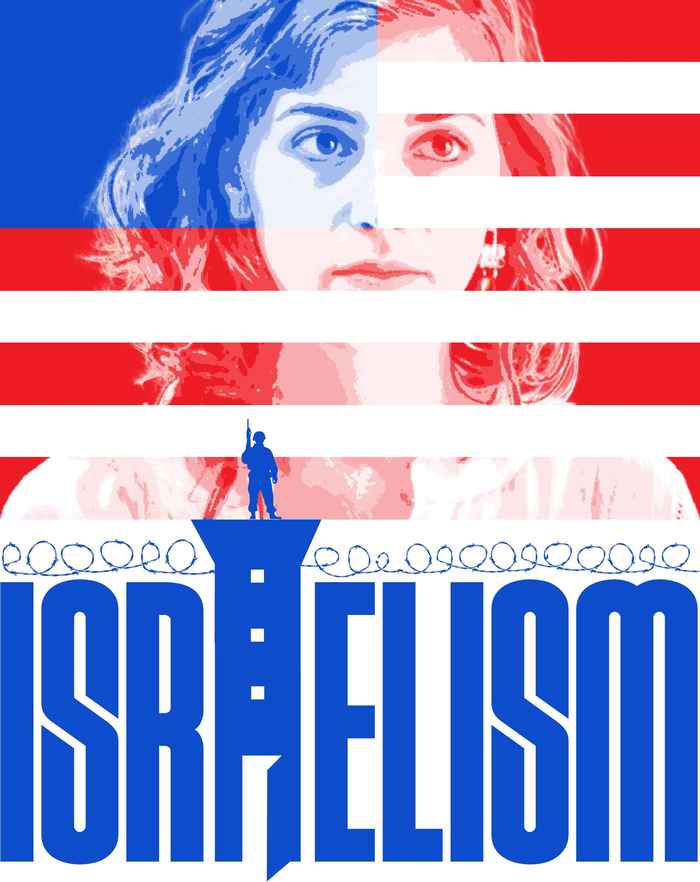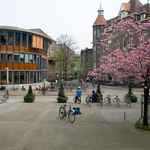Israelism: Film Screening and Panel Talk
Dutch Programme
- Date
- 2 July 2025
- Time
- 14:00 -16:45
- Location
- BG 3
- Room
- VOX-POP, ground floor
This programme is in Dutch. The documentary will be screened in English, with Dutch subtitles. If you understand Dutch, but are not comfortable speaking it, you may still participate and speak English.
Daily we are confronted with images and reports of the ongoing genocidal violence in Gaza perpetrated by Israel, with severe humanitarian consequences for the Palestinian population. The dramatic way this reality unfolds contrasts with the cautious response of the university. This attitude raises fundamental questions regarding the role of academic institutions in the public debate and the responsibility to critically address and discuss social issues.
Neutrality is often defended out of a desire to avoid polarisation. But this drive for impartiality can easily lead to silence and uncomfort. This tension is further exacerbated by the reticence of the Dutch government. To what extent does this affect the freedom to speak freely about Palestine, and what deep-rooted beliefs and structures underlie it?
Programme
In this programme, we explore how power, norm formation and (un)conscious structures shape our thinking and speaking about Palestine and Israel. The documentary Israelism, about the intertwinement of pro-Israel views in society and education in the United States, is the starting point. Afterwards, we will reflect on the Dutch context in a panel with experts. What does academic freedom mean today? When does restraint become harmful? And how do we create a safe space for an open and honest conversation within universities?
After the panel, experiences and ideas may be shared during a long table talk - an interactive and a democratic conversation form.1
Agenda
- 13:30 Walk-in
- 14:00 Introduction
- 14:15 Film screening
- 15:30 Break
- 15:40 Panel
- 16:15 Long table talk
- 16:45 End of programme
Access and registration
This event is free and openly accessibly to all who is interested - but keep in mind that the main language is Dutch. You can apply via the sign-up form.
1The Long Table Talk format provides openness, interaction and equality and is inspired by the work of performance collective Split Britches, blurring the line between speakers and audience. Around a long table with 12 chairs, participants can join or leave at any time, while others can alternate them if the chairs are occupied. The table is covered with white paper, on which people are free to draw or take notes during the conversation.
Panel Members
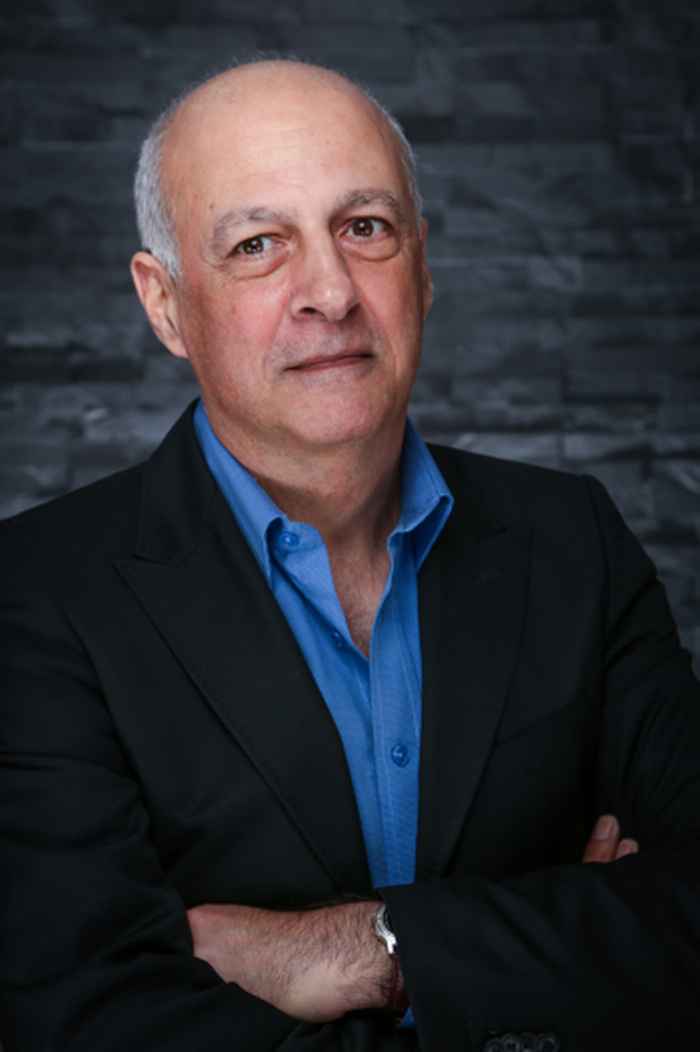
Radi Suudi (1957) is a freelance journalist and consultant. He studied political science and runs a consultancy focused on intercultural communication, a subject on which he also published a handbook last year. Suudi grew up in Hilversum with a Dutch mother and a Palestinian father. The situation in the Middle East has kept him busy for years - as a journalist and social scientist, but also as co-founder of the Jewish-Palestinian Dialogue Foundation, through which he connected Israelis and Palestinians. In his Freedom Lecture, he shares the experiences he gained during his many travels in the Middle East and interweaves them with the history of his Palestinian family.
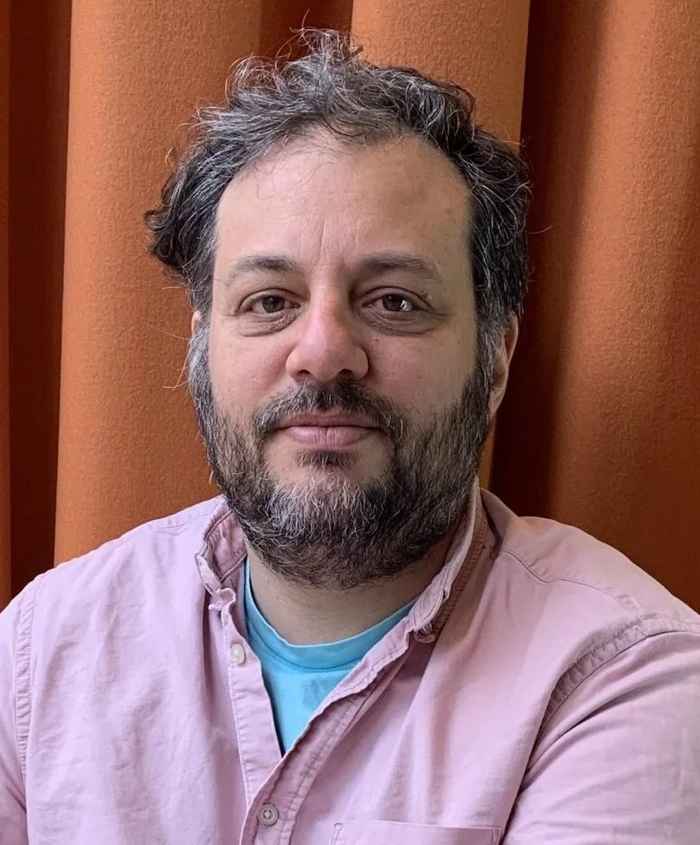
Yuval Gal is an ex-Israeli Jewish activist within the pro-Palestine movement and was one of the founders of Erev Rav, an anti-Zionist Jewish community in the Netherlands. He is also active for the political party Bij1.
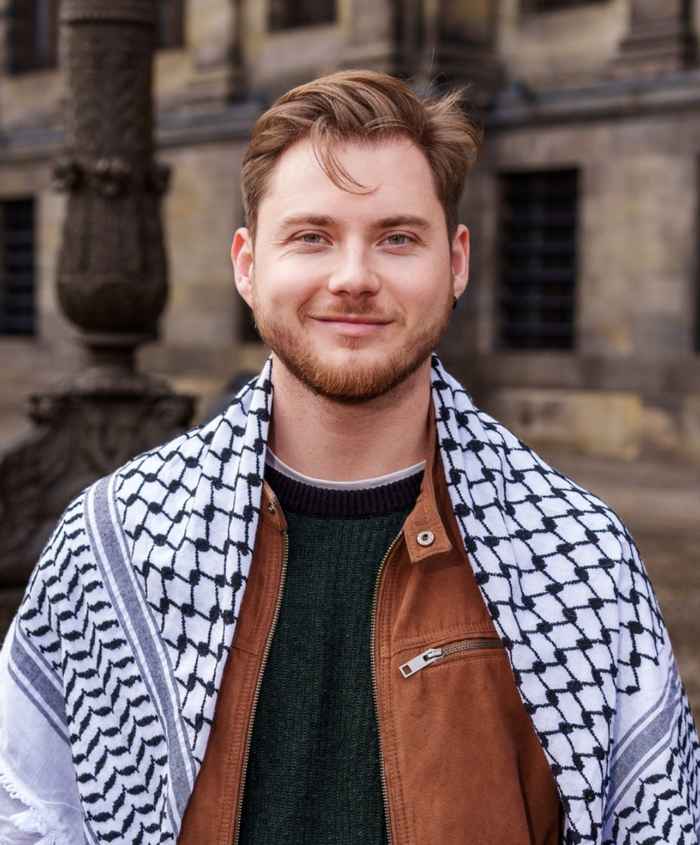
Waldo Swart studied philosophy at the UvA and international relations in Barcelona, where he participated in the student occupation in solidarity with Palestine. His master's thesis examined the role of experts in the Dutch debate on Gaza. He is active with Teachers for Palestine and The Hague Peace Projects, and was, among other things, involved in the action against the CIDI symposium at KIT. He is currently working on the #stuurcidideklasuit campaign, with the ambition of developing it into a broader movement against the influence of Israeli lobby organisations in the Netherlands.
When two young American Jews raised to unconditionally love Israel witness the brutal way Israel treats Palestinians, their lives take sharp left turns.
They join a movement of young American Jews battling the old guard to redefine Judaism’s relationship with Israel, revealing a deepening generational divide over modern Jewish identity.
